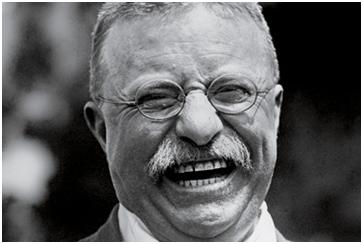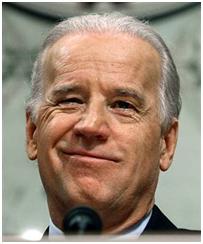Rep. Jesse Jackson, Jr. (D-Chicago) posted an essay on the Huffington Post today entitled, Abolish the Electoral College.
I don’t normally read the Huffington Post, so a hat-tip to Kleinheider of the Nashville Post for highlighting it.
Rep. Jackson’s argument is that the Electoral College is inherently racist, the product of “the slave-owners who dominated the politics of our new nation at its beginning.”
He goes on to cite the notorious three-fifths compromise, whereby slaves were counted as 3/5 of a person for the purposes of Congressional representation and the Electoral College.
There’s just one problem with this recitation of historical facts – Rep. Jackson is completely wrong.
Here is but one howler from Rep. Jackson’s essay:
“the Founding Fathers were suspicious of a mass popular vote that included everyone, and a significant number of the “states rights” Southerners worried about the more populous Northern states outvoting them and restricting or eliminating slavery.”
This is exactly backwards. It was the Northern states who were worried about being outvoted. The Connecticut plan proposed that each state have equal representation in the Congress (as had been the practice in the Continental Congress). It was the southern states, in particular Virginia who objected and wanted representation in the Congress to be proportional to the population. Delaware, Rhode Island, New Hampshire, New Jersey, and Connecticut were the state’s insisting on “states’ rights.”
The text of the Constitution itself apportioned the representatives in the first Congress as follows:
NH- 3
MA- 8
RI – 1
CT – 5
NY – 6
NJ – 4
PA – 8
DE – 1
MD – 6
VA – 10
NC – 5
SC – 5
GA – 3
Thus, there were 65 representatives in the first Congress. States south of the Mason Dixon line had 30 of those 65. The swing states of PA and NJ had 12. The New England states had the remaining 23.
The Southern states had nothing to fear from representation based on population. It was what they wanted.
Jackson’s other canard is that “the slave-owners insisted on another compromise, a particularly ugly one. Despite not being allowed to vote, slaves were to be counted as 3/5 of a person.”
Also wrong. As a few seconds of elementary logic and reflection should suffice to demonstrate. Women and children were not allowed to vote either, but they were counted in all states for the purposes of apportioning representatives. They didn’t have to be specifically included, the concept was simply total population. It was the NORTHERN states, not the Southern ones who insisted on singling out the category they called “free persons” and a second group called simply, “all other persons.” It was the NORTHERN states who insisted that three fifths of the number of “all other persons” be counted. The Southern states would have preferred that the total population of the states be counted. It would have given them a larger share of the representatives in Congress. And the Northern states did not intend the compromise as a statement of the inferiority of the slaves. They were simply trying to reduce the number of representatives granted to the Southern states in the new Congress.
Neither the US Constitution nor the Electoral College give support to the institution of slavery. At worst they recognize it as an existing evil that should over time be abolished. The Constitution itself explicitly gave congress the authority to abolish the importation of slaves twenty years after ratification, which congress in due course did in 1808. The Southern states were not the only ones in which slavery was legal. Prior to 1776, slavery was an established institution in all thirteen colonies. New York did not abolish slavery until 1799, New Jersey not until 1804.
Make no mistake, slavery in the United States was a great evil. Would that it had been abolished more quickly and with less bloodshed! Thanks be to God that it was abolished.
But it had nothing to do with the Electoral College.
– Rob Shearer
Director, Schaeffer Study Center (and tutor in History)










